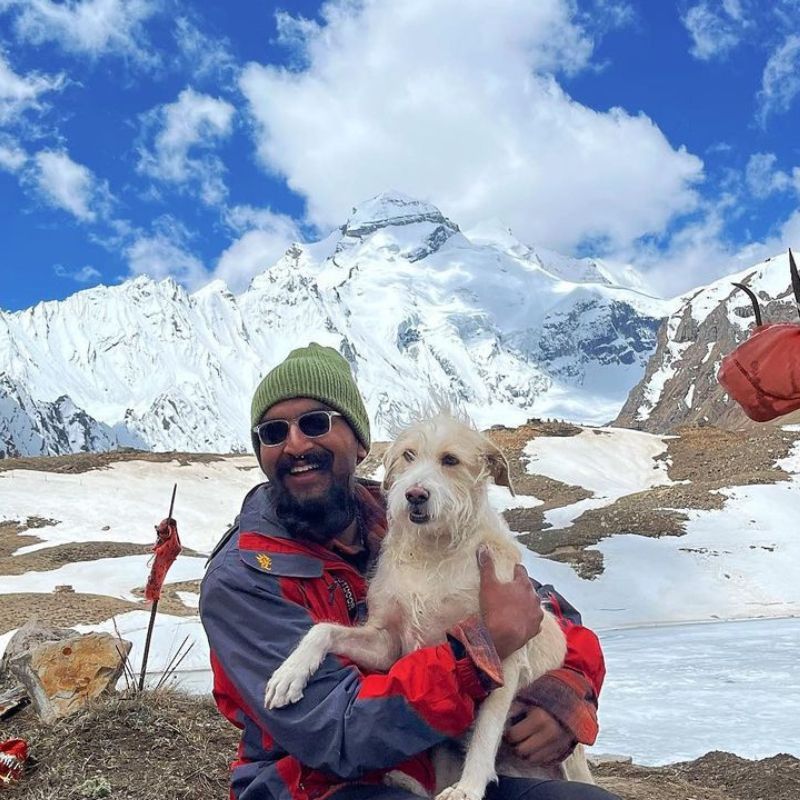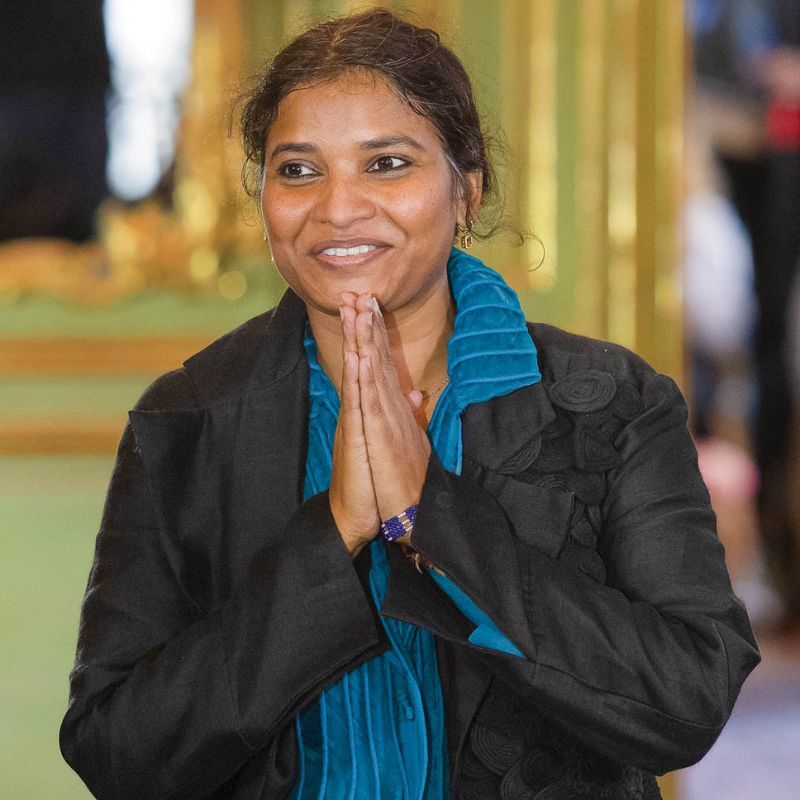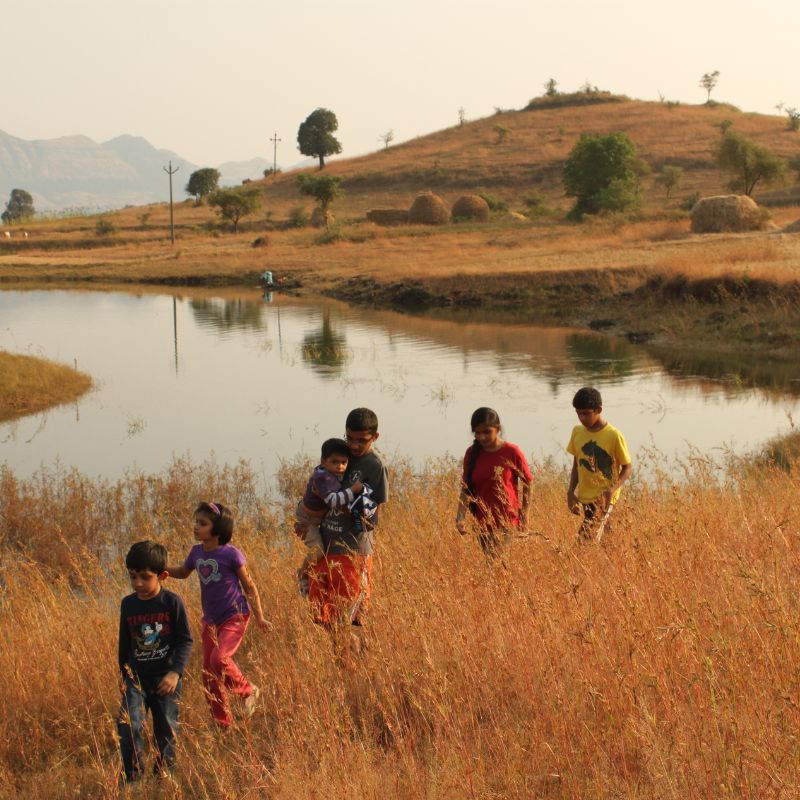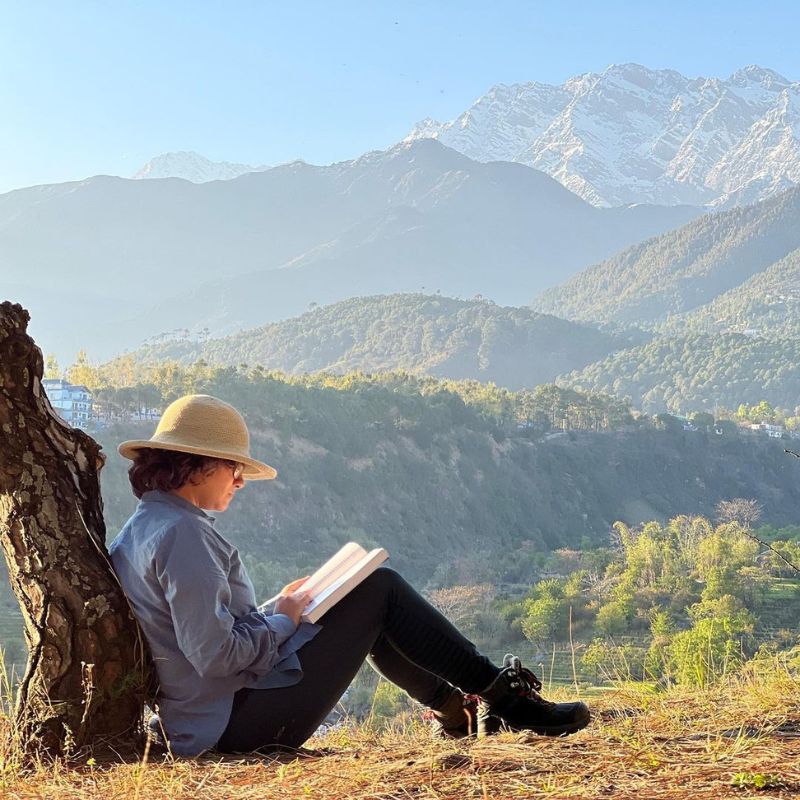
Venerable Kabir Saxena spent most of his twenty’s travelling between Delhi and Bodh Gaya trying to and successfully establishing Root Institute for Wisdom Culture and serving as its Director for many years. Between relocating to India after completing his studies at Oxford University in England to being ordained as a monk in 2002 and teaching Buddhism in India and Nepal, almost 30 years have passed by. Slated to speak at the upcoming Mountain Echoes Literary Festival in Bhutan, we got Ven. Kabir to spare a few minutes for us. By Amitha Ameen

1. Tell us about your association with the Mountain Echoes festival?
I think Pek Dorji had mentioned it to me some years ago in Bodh Gaya. This year it came up unexpectedly. Perhaps it came up because I’d written an article for the Druk Journal. I don’t know. Anyway i’m very honoured to be going.
2. Is this your first trip to Bhutan?
This is my second trip. I went in 2016 and loved it and vowed to myself I’d return every year. I couldn’t manage that it seems!
3. What are the things Indians should learn from the Bhutanese culture?
Oh dear, that’s a very big and important question! Perhaps the main thing is that given the state of the world today, Indians can look at Bhutan as a culture that’s still preserving values enshrined around Ley Jumdrey, awareness of the cause and effects of actions, as well as Tha Damtsig, or being honourable and keeping one’s commitment to others in society, one that’s regarded as sacred. Then of course the fact that creating causes for sustained happiness is considered more important than just making money.
Bhutan is also so much more respectful of the natural environment. In short, it may be that Bhutan takes dharma more seriously. Bhutan can remind us not to be so self-forgetful, so imitative of western ideas and materialism, and therefore not so artificial. And, I must not forget, you can remind us what beauty means!
4. Is there a simple step-by-step process to follow to creating a career of one’s dreams?
Maybe no simple process. How could it be simple if it’s considered a dream, one’s deepest aspiration?
First one needs to have courage, because unless it’s a high-paying job, many, including parents, may try to deter you by saying that you’re wasting your time, “get a real job.” So, we must really love, be passionate, and be good at what we want to do. Also, we need to ask, is this beneficial for others, not just myself? If these questions are answered honestly in the affirmative, then you’re rocking. For this we may also need to pray a lot! So few people have the job of their dreams.
5. Tell us about Roots Institute.
Root Institute for Wisdom Culture was the brainchild of my teacher Lama Thubten Yeshe, who wanted to repay the kindness of the historic Indian people by offering a quality centre where there would be help for the local community as well as Buddhist teachings to help Indian people reconnect with their heritage of wisdom and compassion. We bought the land in 1987 and are now a flourishing Institute with a regular spiritual programme, the excellent Maitreya School and Shakyamuni Buddha clinic.
6. What do you see for the future of the Root Institute?
I see more emphasis on the spiritual programme and the school. We have started an in-depth course on Basic Buddhism taught by a highly qualified Tibetan Geshe. Then the school is developing, (right now we have up to class eight), and we hope to have students who are courageous, intelligent and kind, some of them committed to helping their local communities be more resilient and healthy economically, and in terms of values.
7. Did you ever have thoughts of quitting?

Yes I did now and then. I was full of fears and it was often very tough working in Bihar. But the benefits were there to experience as well. Seeing the positive impact on some people’s lives and the chance to regularly host and meet with some of the great teachers in all four schools of Tibetan Buddhism including HH the Dalai Lama, HH the Karma, (both of whom visited Root Institute), HH Sakya Trizin Rinpoche, HE Tai Situ Rinpoche as well as our own beloved teachers, Lama Zopa Rinpoche and Lama Yeshe’s Tulku, Osel Rinpoche.

8. What advice would you give to today’s generation who are increasingly trading real friends for ‘Social Media’ friends?
Yes, you’re touching on one of the mothers of all issues here! Simple short advice – not only will you ruin your eyesight and destroy brain cells quicker, but you will be unable to generate a deep and abiding friendship with yourself and others, which is the source of lasting happiness and freedom.
9. Do you have a mantra in life?
Many mantras from my gurus, haha! But here’s one I love, which I found recently: “Slow down. Pay attention. Do good work. Love your neighbours. Love your place. Stay in your place. Settle for less. Enjoy it more.”
10. Do you have a goal apart from Roots that you want to fulfil?
Oh yes, definitely. I want to start a great school, as per my teacher’s and Lama Yeshe’s wishes, at our Maitreya Project in Kushinagar, Uttar Pradesh where Buddha passed away. It has to produce a crop of students who will help to heal our wounded land and society.
And, we will need committed teachers; perhaps some wise ones from Bhutan as well! We are being guided in this by Lama Zopa Rinpoche and Professor Samdhong Rinpoche, so we are very blessed indeed.
11. If not for India, where else would you have settled?
If I’d discovered Bhutan earlier… then Bhutan. England or Scotland, land of mother and grandfather respectively, perhaps, but for the life of me what would I be doing there! India is my janmbhoomi as well as karmabhoomi!

12. What kind of traveller are you?
I am a burdened traveller. Yet to learn the art of travelling light! I seek open natural spaces, which is why Rishi Valley in Andhra Pradesh and Bhutan are amongst the very favourite places I’ve visited. Rocks, trees, clouds and the vast skies. Bhutan’s forest cover gives me goose-pimples. Not interested in monuments any more, except the Mahabodhi Temple in Bodh Gaya, of course!

13. “Find yourself through travel” – what are your thoughts on this statement?
As one would said, “Sometimes you find yourself in the middle of nowhere. Sometimes in the middle of nowhere, you find your self.” Perhaps one needs to add: provided you slow down and pay attention.
Related: Actor Kelly Dorji On His Favourite Place In Bhutan And How He Prefers To…










